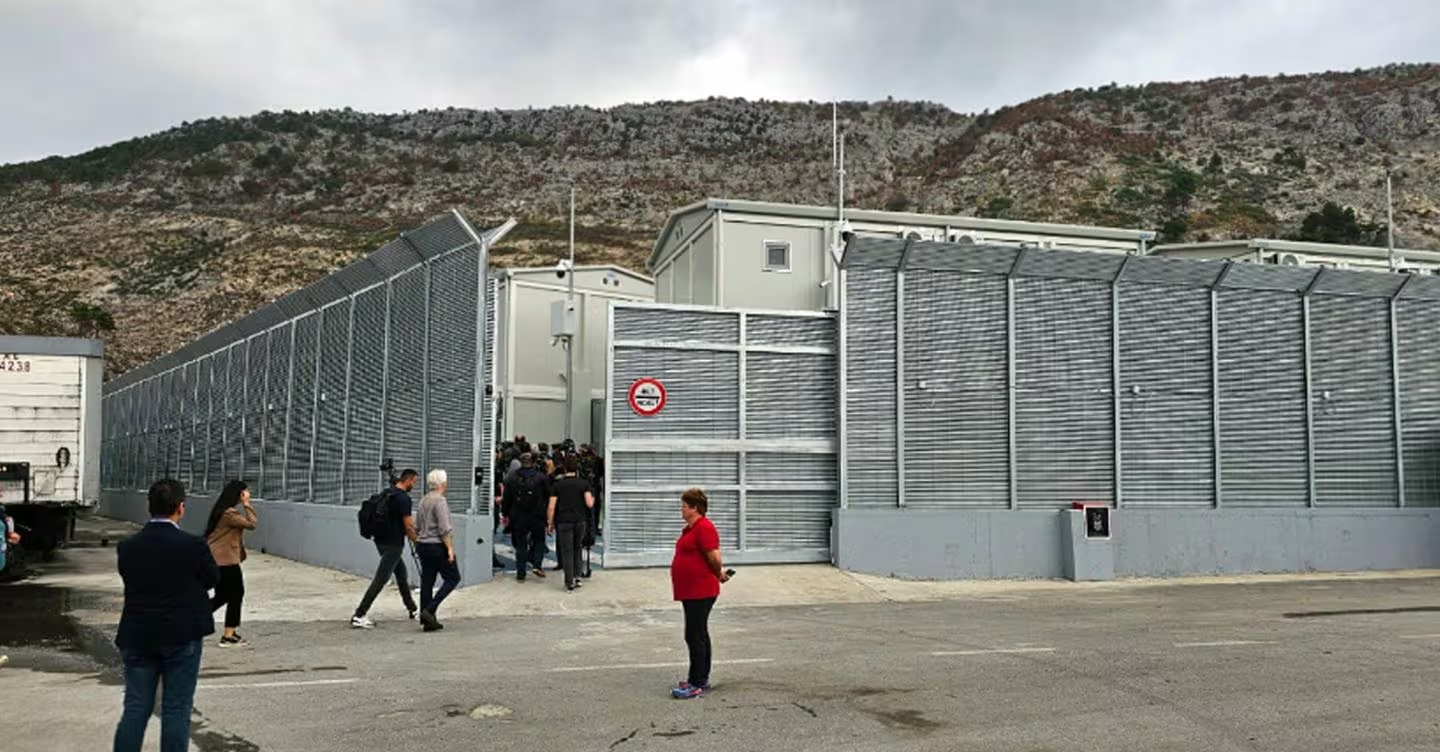The Italian government’s recent deployment of security forces to Albania has faced renewed backlash, particularly over the steep costs associated with housing Italian officers in high-end hotels. Following an initial dispute about the legality of the migrant relocation plan, new criticisms center on a projected annual expense of €9 million for accommodating the personnel in two Albanian centers, Shengjin and Gjider. According to reports, Italian officers are being lodged in four-star resorts complete with pools and premium amenities—an arrangement that has ignited a heated political debate.
Opposition leaders wasted no time condemning what they see as reckless spending. Elly Schlein, leader of Italy’s Democratic Party, called it an “appalling waste” and accused Prime Minister Giorgia Meloni’s administration of misallocating funds in favor of unnecessary foreign expenditures. “While the government struggles to provide essential services at home, we’re splurging on resort stays abroad for Italian police officers,” Schlein stated. Former Prime Minister Matteo Renzi echoed her concerns, arguing that these officers “would be far more useful in Italy’s neighborhoods and streets than in Albanian resorts.”
In response, Italy’s Interior Ministry clarified that the €9 million figure represents a maximum estimate and claimed the accommodations were chosen based on union agreements. The Ministry added that the overall cost of the Albanian operation—estimated at €134 million annually over five years—would potentially reduce Italy’s current expenses for migrant reception, which exceed €1.7 billion each year.
The controversy also exposed tensions between different branches of Italy’s law enforcement. While state police are housed in comfortable facilities, the penitentiary police union has raised concerns over discrimination, pointing out that its officers are relegated to basic prefabricated structures. “State police are being placed in luxurious hotels,” stated Uilpa union leader Gennarino De Fazio, “while our officers endure inadequate lodging with shared rooms and minimal amenities.”
Critics like Angelo Bonelli, a representative of the Green Party, noted the growing divide between Italy’s law enforcement agencies, calling it “a case study in mismanagement.” With Italy’s public and political voices now focused on the high cost and broader implications of the Albanian deployment, the government faces mounting pressure to re-evaluate its choices amid rising public discontent.

